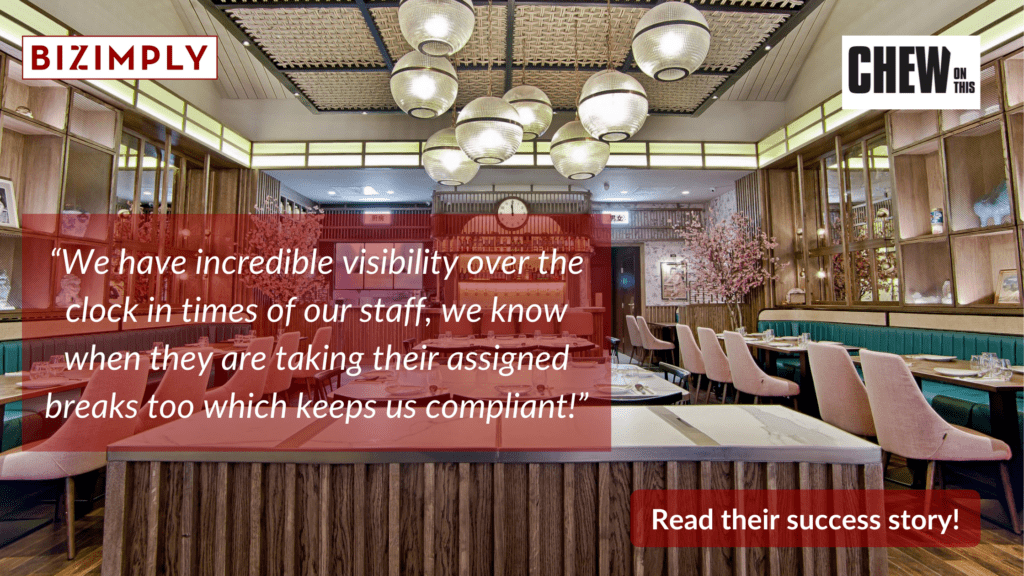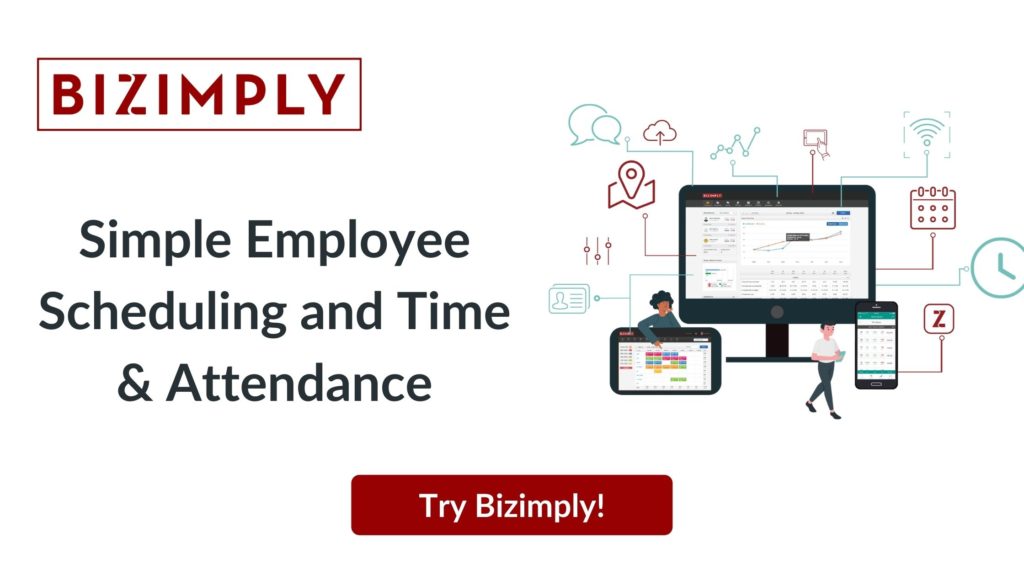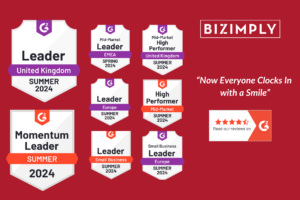With global staffing shortages across the hospitality sector, the holiday season is already stressful for many hospitality businesses. Many businesses are trying to entice workers using different strategies.
So you are preparing your weekly employee schedules as per normal, you come to Wednesday and think “the quietest day of the week, we should be fine with 3/4 front of house staff and maybe one of the new employees”. But, when Wednesday comes around and your bar/restaurant is completely full… oh no panic stations!
This is something that happens with a change of season. For example, last year The Business Insider reported that Heineken recorded a 7.5% increase in Europe last summer due to the warm weather influx, while Big Hospitality UK recorded a 6.8% rise in people dining out in restaurants and bars in April 2015, the sunniest April to date. This is something that is already happening this summer thanks to a mixture of the seasonal weather and the European Football Championships.
An unexpected upturn in customers is obviously a great thing for your company, but being staffed adequately is the key to this upturn in customers resulting in a boost in sales, not a decrease in customer satisfaction.
Here at Bizimply, we have compiled 5 of the most important things to consider when hiring seasonal staff. So let us begin!
1. Ask your current employees to refer friends
This topic is a hotly debated subject in the hospitality industry. The consensus is that hiring current employee’s friends will result in a decrease in productivity, in fact, it is the opposite. Not only this but employee referred candidate are three times more likely to be a perfect fit for your organisation. Your current employee will have already explained to them the job requirements, working environment and your company ethos. This will reduce employee churn as they will know exactly what to expect.
Try implementing an employee referral program as an incentive. This will improve the chances of finding the right candidate. Give employees a paid day off or cash if their friend is with the company for an agreed period of time. This is far less costly than advertising and less time consuming than reading through CV’s and conducting interviews. This will also be great for team morale and improve employee engagement.
2. The legal requirements when hiring seasonal employees
Employing seasonal workers and the headache of figuring out what contract suits best goes hand in hand. Managed correctly it will be a smooth and beneficial process for both parties, however, managed incorrectly it could lead to contract disputes and having workers on your books during the off-peak season.
There are two main types of contracts you can look at for your seasonal workers. These are:
(i) Fixed term contract
This is for companies who have a defined period which they wish to hire workers for (usually around three to six months). This contract will have a specific date of expiration. This is extremely beneficial for companies and candidates as both parties know exactly where they stand. There is an option to change this fixed term contract into a permanent contract at the point of expiration.
(ii) Casual worker contract
This contract is for workers on a casual basis, it usually means the contract lasts less than 13 continuous weeks. This contract is built around the flexibility of the worker as there will be no real set weekly hours. Employees on a casual worker contract will be brought in when they are needed.
If this contract lasts beyond 13 weeks, the employee will be classed as a part-time employee. This is a potential danger for companies as terminating their employment is a lot more difficult than that of a casual worker.
The Peninsula Group Services explain in full the difference in these types of contracts in this article.
3. Don’t hire on experience alone
Bringing in fresh new people may be exactly what your business needs. They are a blank canvas that can fully buy into your company ethos and processes.
Hire for attitude as much as aptitude. Seasonal work is about flexibility and speed of learning more so then having experience in old processes from other businesses in your sector.
4. Seasonal workers may not just be for the season… they could be for life!
There is a strong possibility that some of your seasonal employees will outshine a number of your current employees. Keep an eye on each seasonal employee and their work ethic, customer interaction and how they fit into your organisation as a whole. Look out for potential full-time staff from the start and follow their progress.
5. Keep in Touch!
Make sure your relationship with your seasonal workers remains a positive one even after their contract. These employees can help your business in the future by:
- Becoming brand advocates
- Regular customers
- Becoming a regular seasonal worker (this reduces hiring headaches & streamlines your onboarding process).
6. Monitor your employees’ wellbeing
With all this ‘labour shortage’ talk it can create anxious workers. They may feel more under pressure to commit to work and perform on their shifts if there are not enough staff but still high customer demand. Your staff should be fully trained up to deal with high demanding customers— and you should be there to help out when you can.
With Bizimply, you can measure team satisfaction and gain important insights on staff performance with our Engagement Survey.
As employees clock out of their shift, a few questions will pop up asking how they felt during their shift. This way, you can better understand how they’re feeling (happy, good, okay, frustrated, or stressed), at work and you can pinpoint solutions to alleviate any issues.
7. Keep staff updated
Keeping staff up to date on any business changes is key for all staff understanding and implementing the necessary changes. From menu adaptations to new work policies, everything should be communicated. With the holiday season approaching, your team cannot afford to miss out on important updates. Do you have a formal communication system where you share these?
Bizimply allows you to add shift notes when sending out the weekly schedule, you can attach files, for example; the new menu, so staff can get familiar with it before their shift.
8. Don’t make booking time off complicated
Staff should have the ability to book time off easily. Bizimply allows employees to do this through the app or on the desktop app. All they have to do is submit the dates, managers either approve or deny the request.
If the dates are approved, these will automatically be greyed out on the schedule and staff cannot be accidentally scheduled. Convenient for the manager as it will save time because you know who is available to work and it means employees can happily plan their lives outside of work too.
9. Public holidays and associated pay rates
Public holidays aren’t automatically set in Bizimply, but that means you can customise the bank holiday rates that suit your business.
Setting up holidays in your account is easy. Have a look!
10. Taking the correct breaks
Breaks are essential for employee wellbeing, especially during busy seasons. Your team needs some time to recharge so motivation will remain. Keep this in mind and reinforce it when hiring new staff. It is the law after all and keeps you compliant!
All in all hiring extra seasonal employees is quite simple once you have a strategy in place. Also, it is a good headache to have, hiring means an upturn in business. By following these 10 simple tips when hiring a seasonal worker, it will be a breeze! Let us know what you think by commenting below and don’t be afraid to share!















